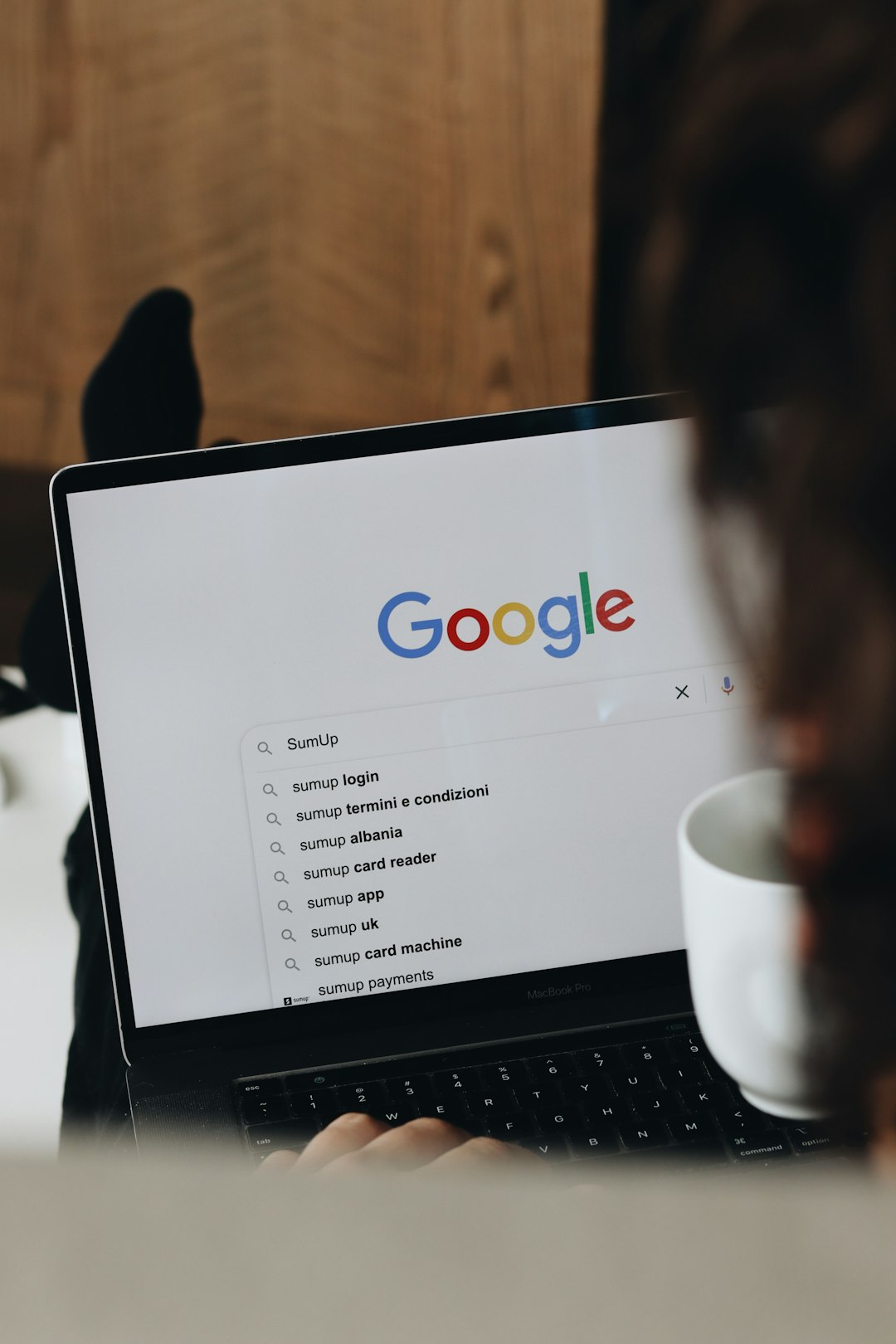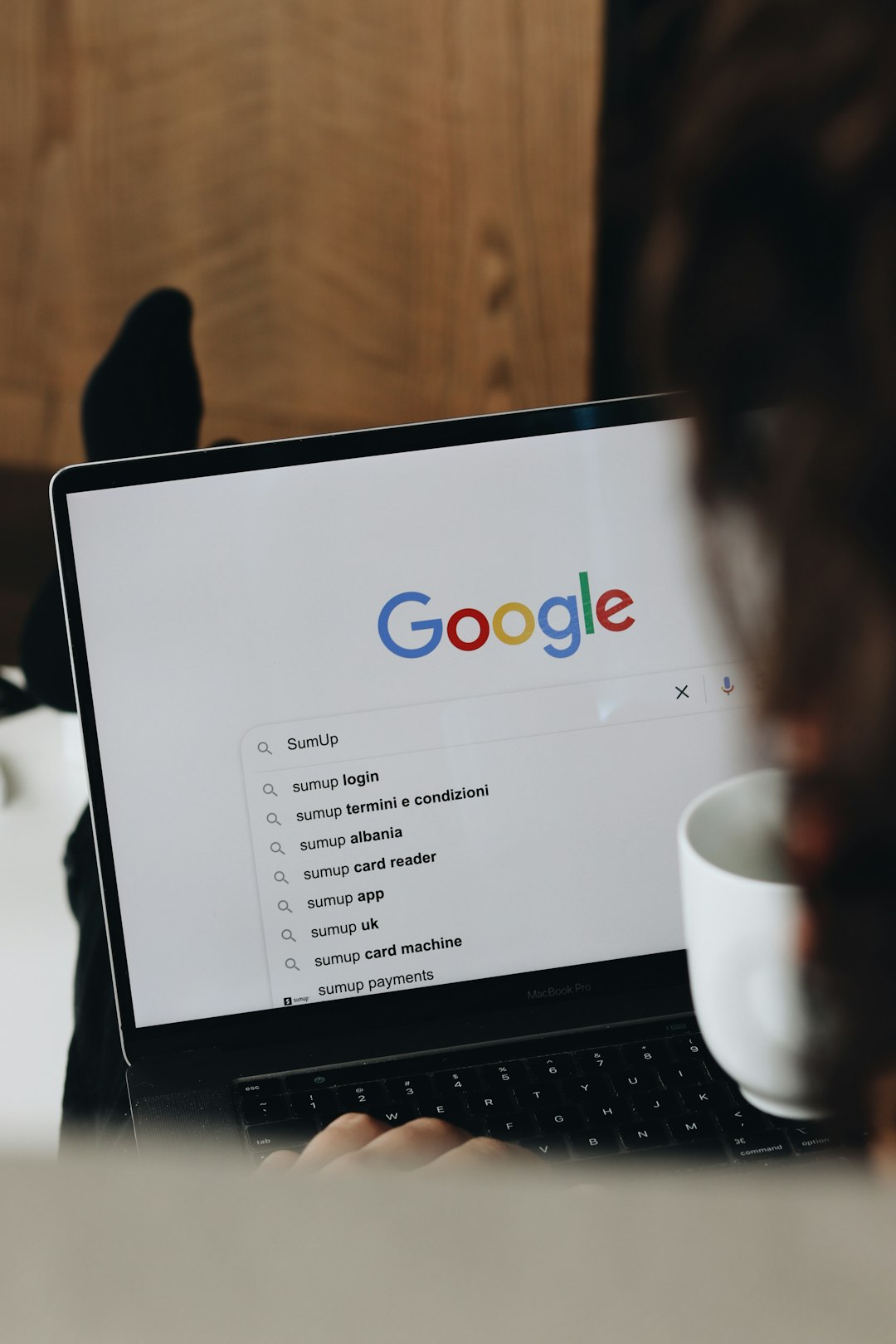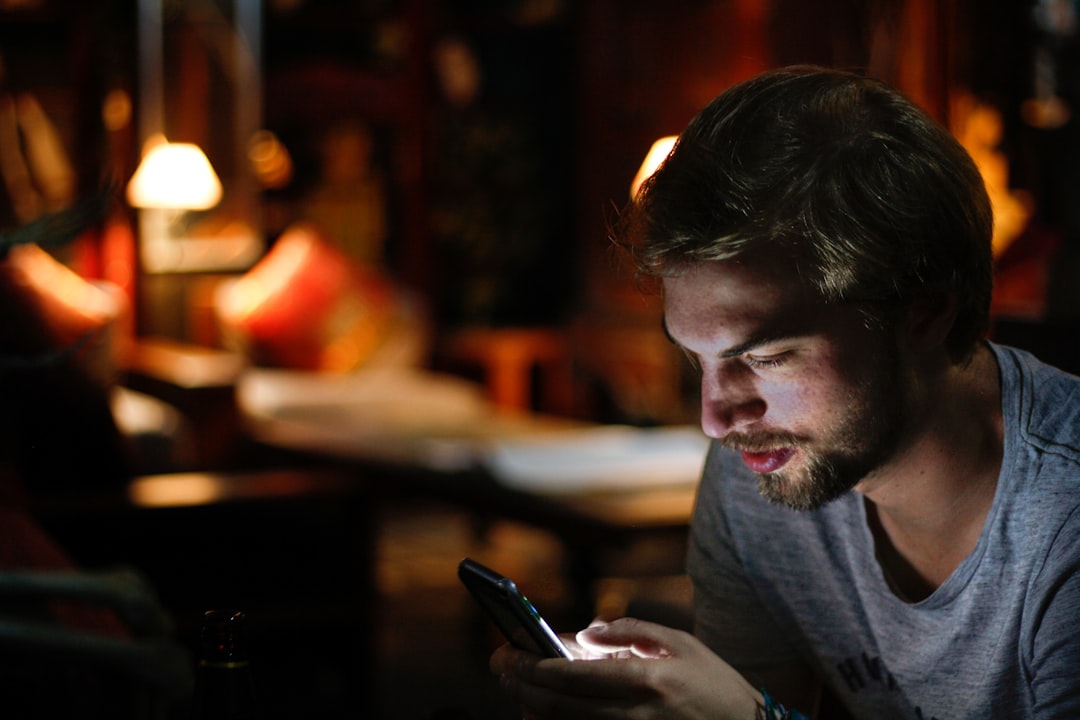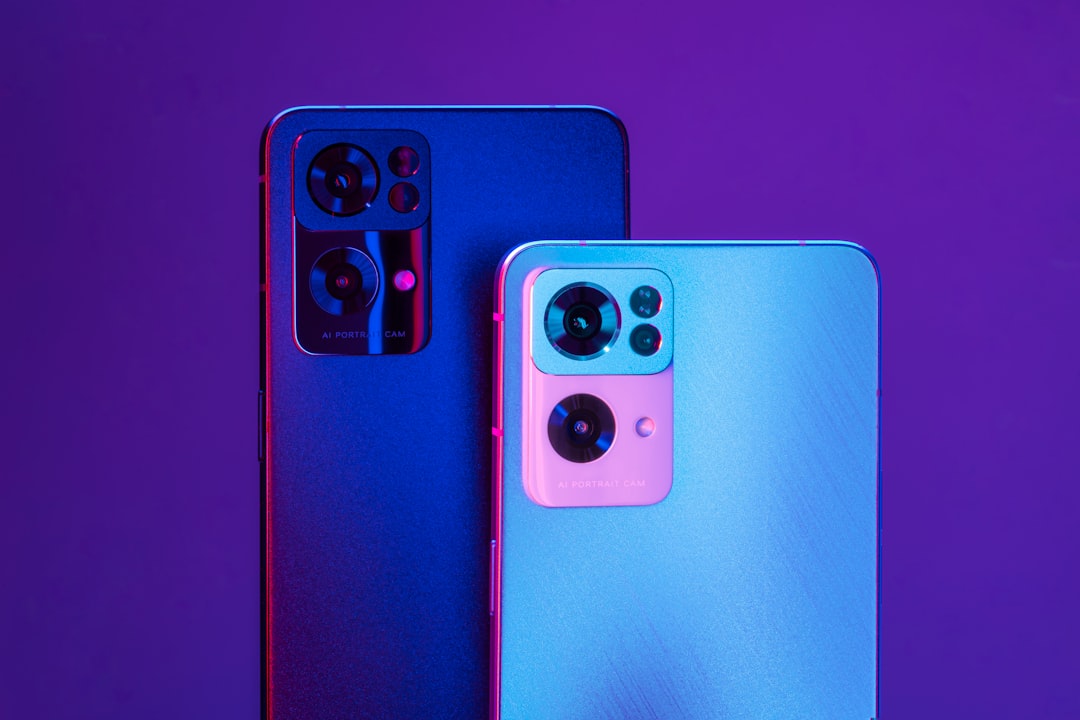In Louisiana, including Baton Rouge, consumer protection laws like the TCPA and the state's Unwanted Call Law rigorously regulate robocalls, protecting residents from intrusive telemarketing. Unwanted call law firms in Louisiana are seeing an increase in cases involving these unwanted calls, assisting clients in navigating legal complexities to hold perpetrators accountable and seek compensation. These firms focus on Louisiana's regulations to support consumers affected by persistent and harassing telemarketing activities, ensuring a peaceful communication environment free from intrusive marketing strategies.
In Baton Rouge, as across the nation, the deluge of unwanted robocalls has become a pervasive nuisance. Ignoring these calls, however, can have significant consequences for consumers, from psychological distress to financial harm. This article explores the legal landscape of unwanted robocalls in Louisiana, focusing on the state’s specific regulations targeting telemarketing and unsolicited calls. We delve into the impact on Baton Rouge residents, analyzing the frequency of calls, their effects, and providing case studies. Additionally, we offer practical strategies for dealing with robocalls and potential solutions, including the role of consumer advocacy groups, government agencies, and proactive measures by call centers and law firms to honor Do Not Call registries.
The Legal Landscape of Unwanted Robocalls in Louisiana

In Louisiana, including Baton Rouge, the legal landscape surrounding unwanted robocalls is governed by state and federal regulations designed to protect consumers from intrusive telemarketing practices. The Telephone Consumer Protection Act (TCPA) at the federal level prohibits automated or prerecorded calls to cellular telephone numbers without prior express consent of the called party. Louisiana’s Unwanted Call Law further strengthens these protections, making it illegal for businesses or individuals to make automated calls unless they have obtained explicit permission from the recipient.
Law firms specializing in consumer rights in Louisiana are increasingly seeing a surge in cases involving unwanted robocalls, with consumers seeking legal recourse against persistent and harassing telemarketing activities. These firms play a crucial role in navigating the complexities of the TCPA and state laws to help clients hold perpetrators accountable and obtain compensation for any emotional distress or financial losses incurred due to illegal robocalls.
– Overview of the laws governing robocalls in Louisiana

In Louisiana, including Baton Rouge, robocalls are regulated by state and federal laws designed to protect consumers from unwanted telephone marketing practices. The Telephone Consumer Protection Act (TCPA) is a federal statute that restricts automated or prerecorded calls to individuals’ telephones unless the caller has obtained prior express consent. At the state level, Louisiana’s Unwanted Call Law Firms regulation further clarifies and enforces restrictions on telemarketing activities.
These laws are in place to safeguard residents from intrusive and potentially fraudulent robocalls. Violations can lead to significant penalties for call centers and law firms engaging in unauthorized automated dialing. Consumers in Baton Rouge have the right to file complaints against entities breaking these rules, ensuring their privacy and peace of mind.
– Specific regulations targeting telemarketing and unsolicited calls

In Louisiana, including Baton Rouge, specific regulations have been put in place to protect residents from unwanted call campaigns by telemarketing firms. The Unwanted Call Law, also known as the Telephone Consumer Protection Act (TCPA), restricts the practices of automated or prerecorded calls for marketing purposes. This law gives individuals the right to opt-out of such calls and severely penalizes businesses that ignore these regulations.
Enforcers can take legal action against telemarketers who continue to make unsolicited calls, even after being asked to stop. Fines can reach up to $500 per call, with additional damages for each violation. This strict regulation is in place to safeguard citizens from persistent and intrusive marketing strategies, ensuring a more peaceful and private communication environment for Baton Rouge residents.






